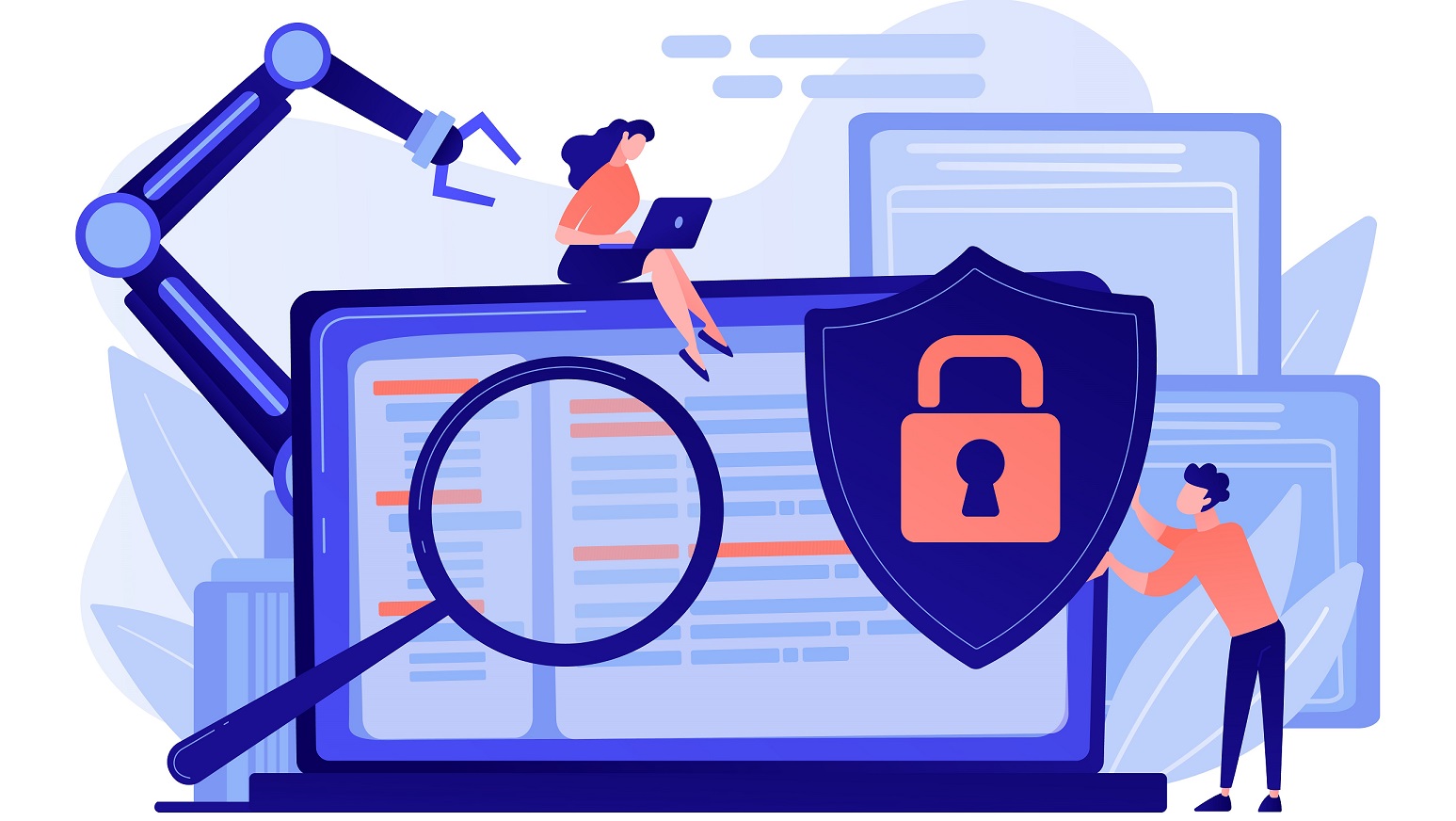
The evolution of cybersecurity since 9/11 has brought about a new era filled with ethical and social implications. According to (Privacy and Technology, 2022), "Technological innovation has outpaced our privacy protections. As a result, our digital footprint can be tracked by the government and corporations in ways that were once unthinkable. This digital footprint is constantly growing, containing more and more data about the most intimate aspects of our lives." Advancements in cybersecurity have undoubtedly strengthened our defenses against digital threats. However, these advancements have also sparked concerns regarding privacy and surveillance. (Privacy and Technology, 2022) also states, "When the government has easy access to this information, we lose more than just privacy and control over our information. Free speech, security, and equality suffer as well." The distinction between safeguarding national security and infringing on individuals' privacy has become more indistinct, leading to discussions about the proper equilibrium between security and civil liberties. The nuclear industry also raises privacy concerns regarding cybersecurity. "Even though there has been some progress in developing enhanced cybersecurity measures across the nuclear industry, the research highlights the fragmentary and inconsistent response to cyberthreats at nuclear facilities by national governments and private industry (Brunt and Unal 2019).” In today's ever-changing world of increased cybersecurity and privacy concerns, it is crucial that we carefully manage the delicate equilibrium between protecting our digital realm and upholding the core values of personal privacy and civil liberties. Furthermore, the widespread presence of surveillance and the possibility of power being misused have created an atmosphere of distrust between individuals and governing bodies. Various ethical questions underscore the complex moral landscape in this digital age. These questions revolve around the development and sale of cyber weapons, the responsibilities of organizations to protect user data, and the importance of ensuring equitable access to cybersecurity protections. To maintain a secure and fair digital future, addressing the ethical and social implications that arise as cybersecurity evolves is crucial.
